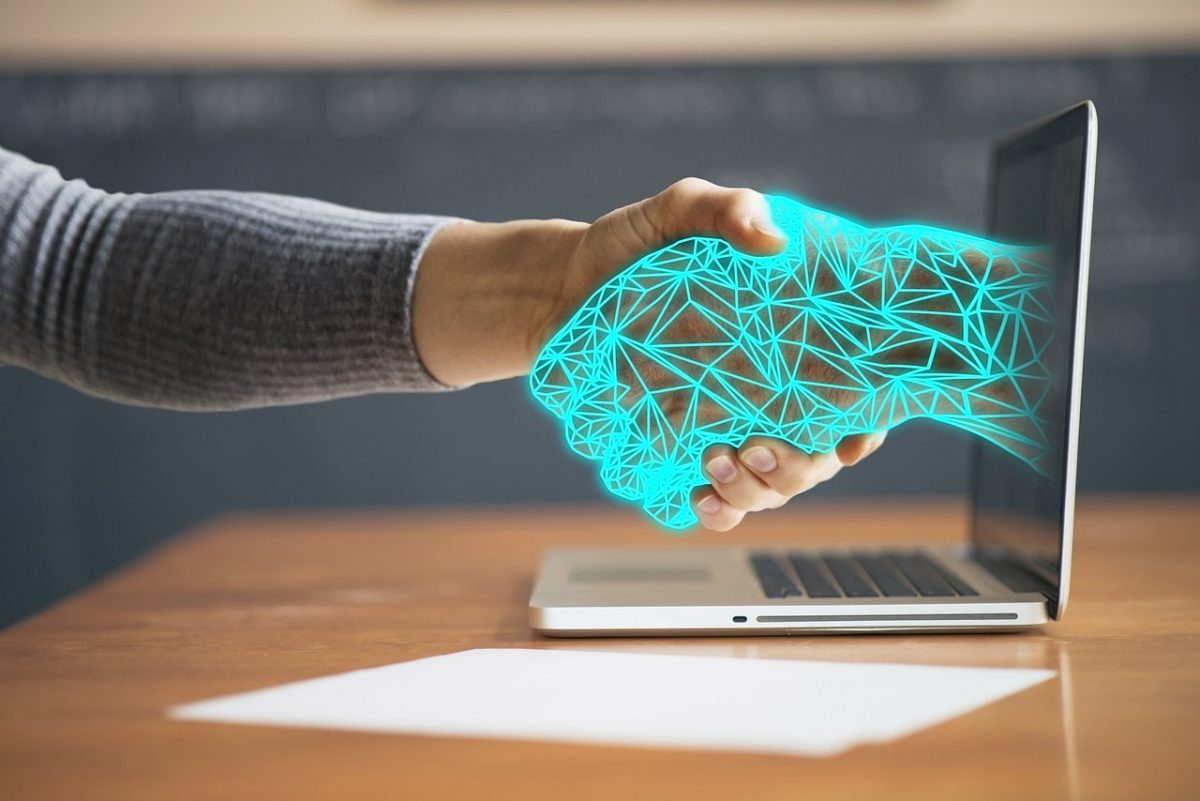AI is the biggest buzzword in tech history, at least, if you ask us.
And there’s no bigger space for tech buzzwords like AI than the gaming world.
Amidst all the hype, we separate reality from BS and get down to what we should expect from AI’s influence over gaming.
Artificial intelligence (AI) is kind of a big deal. It’s helping humans solve complex problems, learn foreign languages, build databases, resolve incorrect website code, and most importantly, find recipes like way faster. Be honest, you’re sick of those ludicrous recipe websites.
AI is influencing gaming in some ways, but probably not to the extent mainstream media makes it out to be.
So no, AI isn’t going to take over players or game developer roles. But it’s going to help us all along in a way that produces better games. In other words, AI will help gaming in a transformative way.
Here’s how.
AI in Game Development
Let’s keep something in mind, AI can’t do emotion. It can’t exhibit empathy or any human emotion. So we need humans to create games. But, AI can help the game creation process and make it easier for humans to build game graphics and create storylines.
AI in Procedural Content Generation
Procedural content generation uses algorithms to auto-create game content. This could be items such as levels, landscapes, or sometimes storylines. AI can generate vast content on the fly. Because this helps boost options for humans even at a brainstorming level, it can dramatically increase the means to vast concepts.
This can lead to more expansive game worlds and longer gameplay without an increase in development time. This cuts costs, but increases the overall end result.
Game Design
AI can assist designers in creating game elements. For example, it can help with predicting player responses which in turn, helps forge the game’s way forward. This dramatically helps with data analysis.
Quality Assurance
AI can automate game testing processes and quickly determine bugs. If anyone remembers Cyberpunk 2077’s horrible launch that was ripe with bugs, you can likely see how useful this scenario could be to game development companies.
AI in Game Play
On the other side of the coin we have game play. There are several ways that gamers will be able to leverage AI to get better at games.
Personalized Coaching
AI systems can analyze a players gameplay and offer tips to improve. AI can offer specific feedback related to strategy, timing, and other skills.
This can revolutionize the way players build their gaming skills. By analyzing the gamer’s data, the AI system can identify strengths and weakness which likely aren’t obvious to the gamer. The AI coach can suggest skill work, or practice, that improves weaknesses.
A gamer using AI can improve at their own personal pace.
Analyze Game Patterns
AI tools can recognize game patterns, or even the patterns exhibited by opponents. This can lend itself to improving tactics and increase a player’s competitiveness.
Analyzing game patterns offers a pretty big competitive edge. By sifting through massive amounts of game data, AI can find trends, or commonly used strategies, and pinpoint weaknesses.
This analysis can extend to the best players in the world. AI can give feedback on strategies deployed by top players in the world which helps the everyday gamer develop new skills.
AI and Real-Time Assistance
AI may be able to help in real-time decision making with things like optimal movements. Or it could simulate a specific and troubling scenario.
AI is like the knowledgeable companion helping you make better decisions.
So all of this probably sounds blissful and exciting, right? Sure, it’s great, but keep in mind, it’s available to all gamers. What it probably means is that a group of motivated gamers are going to get better and better, and gameplay will get more and more extravagant.
There are always gamers who enjoy gaming in a passive way and would never institute any of these items. But for those looking to get better, or even play professionally, AI offers a lot of cool assists.
